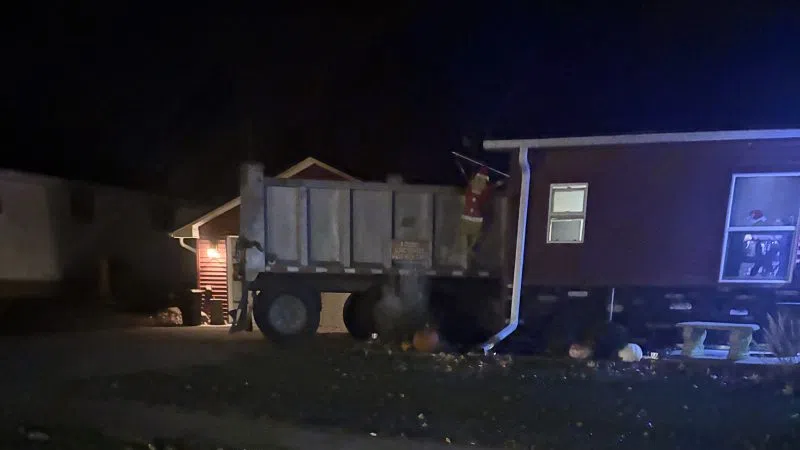(Washington) Iowa Republican Senator Chuck Grassley, one of two grain farmers in the Senate, condemned the Biden administration for restricting grain producers’ ability to contribute to the sustainable aviation fuel (SAF) market. Grassley serves on the Senate Committees on Agriculture and Finance.
“Here are two main issues with the Biden administration’s GREET Model decision: First, this new formula will be easy to violate. Second, without grain in the formula, there won’t be enough feedstock to make all the Sustainable Aviation Fuel environmentalists are crying for.
“To put it bluntly, this GREET Model update is a stupid approach. Widespread use of Sustainable Aviation Fuel will help fight global warming. However, rejecting grain feedstocks will impede efforts to produce that fuel commercially.
“Some might argue that this decision won’t impact farmers’ bottom lines because they can sell their corn and soybeans elsewhere. That’s hogwash, and it shows that the people saying it don’t know much about how farmers deliver their grain. These new barriers to entry will strip farmers of a significant market opportunity.”
Iowa’s agriculture community members have shared their concerns about changing the implementation of the GREET model with Grassley. Grassley brought their views to Agriculture Secretary Tom Vilsack’s attention. He and bipartisan, Midwestern colleagues have urged the agencies responsible for determining how the Treasury Department applies the GREET Model – the Environmental Protection Agency and the Departments of Agriculture, Energy, and Transportation – to preserve the formula for SAF.
The GREET Model is the most science-based formula available for assessing lifecycle emissions. Developed by the Energy Department’s nonpartisan Argonne Lab, it recognizes the environmental benefits biofuels bring. Grassley has long encouraged the Treasury Department to use the GREET Model to administer SAF tax credits.
Today, The Biden administration issued a modified GREET Model with additional requirements, undermining the science on which the formula is based. The modifications burden producers with farming mandates and hamper the aviation industry’s transition to environmentally conscious fuels. Specific changes follow:
For blenders to qualify for 40B tax credits, which expire at the end of the 2024 calendar year, farmers must grow their corn using efficient tilling, cover crops, and precise fertilizer application; soybean farmers must have used efficient tilling and cover crops.
For producers to qualify for 45Z tax credits, which take effect on January 1, 2025, corn and soybean farmers must grow their grains under one of the above methods.
The updated carbon intensity formula will consider additional sustainable techniques for biofuel producers.
Forcing farmers to adopt certain practices limits their access to a burgeoning market with high feedstock demand. The Biden administration’s modified GREET Model could further drive a wedge between America’s biggest and smaller farms, as larger operations will have the margins to adapt quickly. And, by delaying this announcement for months, the Biden administration disadvantaged farmers who may have tried to implement new growing methods for SAF market entry. With planting already underway, farmers who don’t use efficient tilling, cover crops, and precise fertilizer application won’t have the opportunity to contribute to the SAF market this season.













